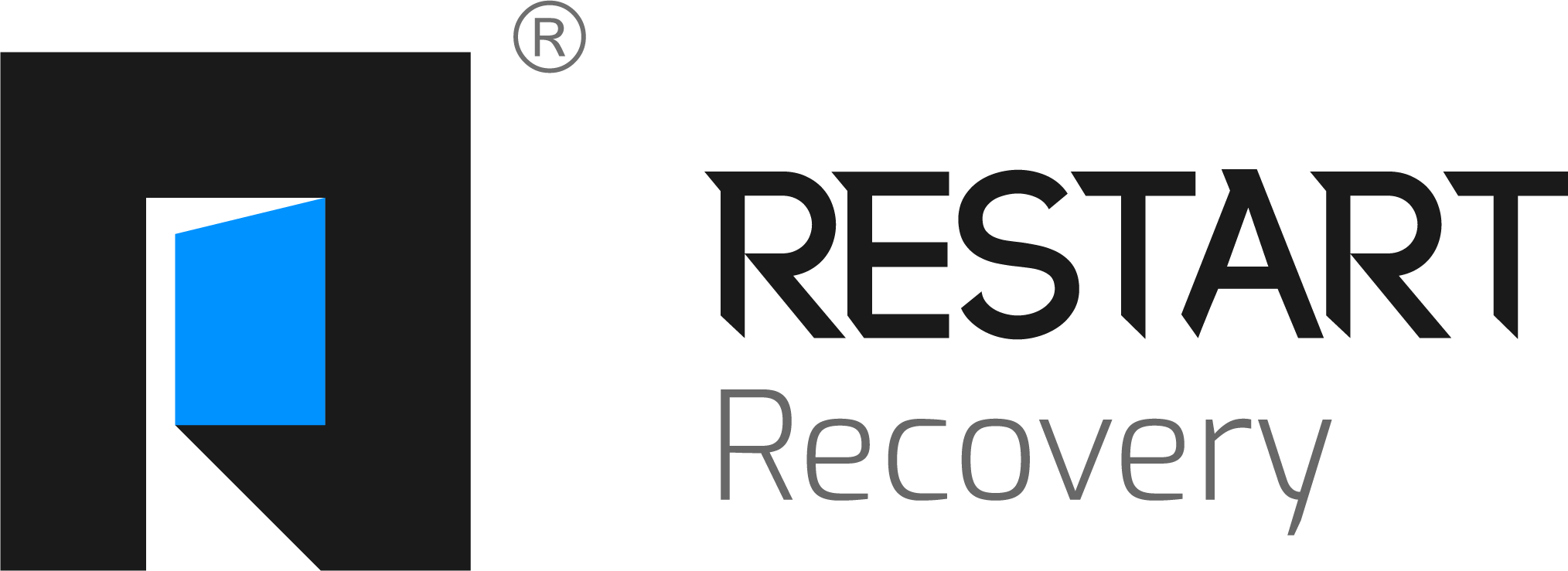Can Withdrawal Kill You?
- Yasmin Maghsoudloo
- Jul 20, 2025
- 3 min read
Updated: Jul 29, 2025
When people think about addiction, they often picture the struggle to stop using drugs or alcohol. But what many don’t realize is that stopping suddenly—especially without medical support—can be dangerous and even fatal in some cases. So, can withdrawal kill you?
The answer is: Yes, withdrawal can be life-threatening—but only under specific circumstances, and with certain substances. Knowing the risks and seeking professional help can make all the difference in ensuring a safe and successful detox and recovery process.

What Is Withdrawal?
Withdrawal refers to the physical and psychological symptoms that occur when a person stops or reduces use of a substance their body has become dependent on. These symptoms can range from mild discomfort to severe medical emergencies, depending on:
The type of substance
How long has the person been using it
The amount typically used
Underlying physical or mental health conditions
Which Withdrawals Can Be Fatal?
While most types of withdrawal are uncomfortable, only a few substances carry a high risk of death or serious complications if stopped abruptly. These include:
1. Alcohol
Alcohol withdrawal is one of the most dangerous types. People who drink heavily over long periods may develop a condition called delirium tremens (DTs)—a medical emergency that can be fatal if untreated.
Signs of severe alcohol withdrawal include:
High fever
Seizures
Confusion or hallucinations
Irregular heartbeat
Agitation or paranoia
Without medical care, alcohol withdrawal can lead to death from seizures, dehydration, heart failure, or respiratory collapse.
2. Benzodiazepines (Xanax, Valium, Ativan, etc.)
These medications are prescribed to treat anxiety, panic, and insomnia—but when used long-term or in high doses, they can lead to physical dependence.
Suddenly stopping benzodiazepines can cause:
Severe anxiety or panic attacks
Seizures
Psychosis
Coma
Death (in rare cases, especially without tapering or supervision)
Withdrawal from benzodiazepines should always be done under the care of a medical professional, often through a slow taper.
3. Barbiturates
Less common today, barbiturates are powerful sedatives once used for anxiety or sleep. Their withdrawal symptoms are similar to alcohol and benzos—and just as dangerous.
Withdrawal symptoms can include:
Seizures
Delirium
High blood pressure
Death (due to cardiac arrest or complications)
Because barbiturates affect the central nervous system, quitting suddenly can shock the body into crisis.
What About Opioids or Stimulants?
Opioids (heroin, fentanyl, oxycodone):
While opioid withdrawal is rarely fatal, it can be extremely painful and lead to dehydration, relapse, or suicidal thoughts. Symptoms include:
Nausea, vomiting, diarrhea
Muscle and bone pain
Chills and fever
Intense cravings and anxiety
The danger with opioid withdrawal is not usually death itself, but the high risk of relapsing and overdosing afterward.
Stimulants (cocaine, meth, Adderall):
Withdrawal from stimulants typically isn’t fatal, but it can lead to severe depression, suicidal ideation, and psychosis. Detox should be monitored, especially for those with a history of mental illness.
Why Medical Detox Matters
If you or a loved one is considering quitting drugs or alcohol, it’s critical to understand that detoxing at home can be dangerous, especially with alcohol, benzodiazepines, or barbiturates.
A medical detox program provides:
24/7 supervision by trained medical staff
Medication to reduce symptoms and prevent seizures
Emotional support from addiction specialists
A safe, structured environment away from triggers
Medical detox doesn't just increase safety—it also boosts the chance of long-term recovery.
Signs You May Need Supervised Detox
You should not attempt to detox alone if any of the following apply:
You’ve been drinking heavily or using benzos for more than a few weeks
You’ve experienced withdrawal symptoms in the past
You have a co-occurring medical or mental health condition
You feel physically or emotionally unstable
You’re at risk of harming yourself during withdrawal
Even if you think you can "tough it out," detoxing without medical care can lead to severe consequences—and it’s not worth the risk.
Final Thoughts: Don’t Detox Alone
So, can withdrawal kill you? Yes—but it doesn’t have to. With the right medical support, detox can be safe, manageable, and a powerful first step toward recovery.
The most dangerous withdrawal isn’t just physical—it’s the one done in isolation, without the help you need. Whether you're facing alcohol, benzodiazepines, or other substances, there is hope, and there is help.





Comments